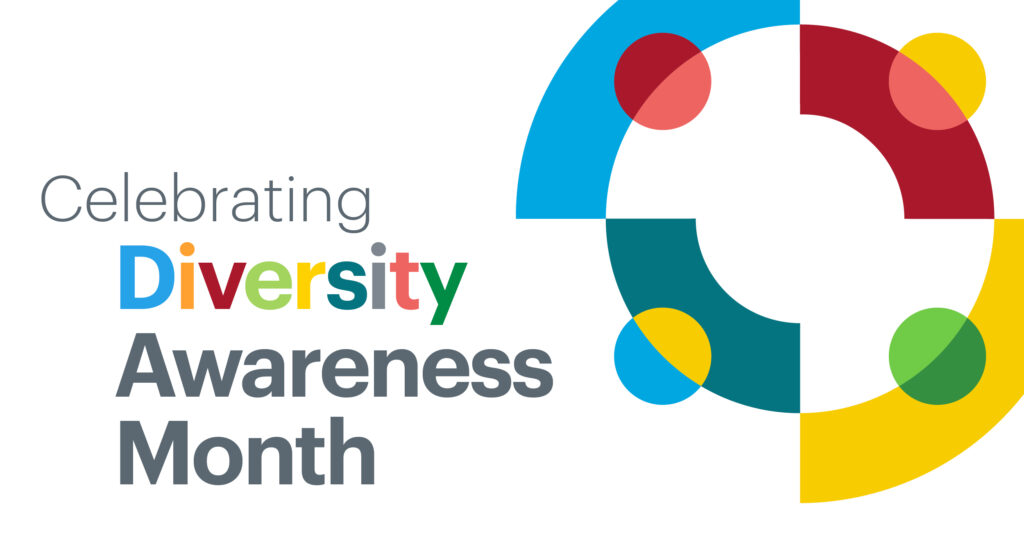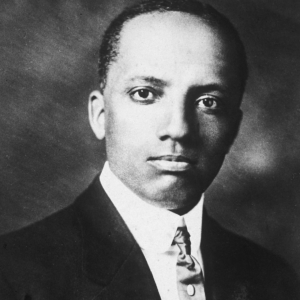
August is Diversity Awareness Month
Heritage months — such as Black History Month in February or Pride Month in June — are dedicated intervals during which specific cultural, ethnic or social groups are recognized for their contributions to society. These months serve as platforms to celebrate diversity, promote inclusivity and raise awareness about the rich histories and traditions of various communities. August is Diversity Awareness Month.
Origins and Evolution of Heritage Months:
The concept of heritage months can be traced back to the 20th century when marginalized communities sought to celebrate their unique identities and histories. The origins of the first heritage month can be linked to Black History Month, which began as “Negro History Week” in 1926, initiated by historian Carter G. Woodson. This annual observance aimed to highlight the achievements and contributions of African Americans throughout history.
Over time, the idea of heritage months gained momentum, leading to the establishment of various other commemorative months. Women’s History Month was first celebrated in March 1987, expanding the focus to recognize the achievements of women and their impact on society. Hispanic Heritage Month (September 15 to October 15) was enacted into law in 1988, encouraging the recognition of Hispanic and Latino culture and history. Asian Pacific Heritage Month (May) and Native American Heritage Month (November) followed, further emphasizing the importance of acknowledging diverse backgrounds.
Heritage months have proven to be vital tools in fostering understanding, empathy and cross-cultural appreciation. By recognizing and promoting the histories and accomplishments of different communities, these months contribute to a more inclusive and harmonious society. They also provide opportunities for educational institutions, workplaces and media to highlight diverse narratives that have shaped the nation.
As society continues to evolve, it is crucial to strike a balance between dedicating specific periods to celebrate diverse histories and integrating multicultural education throughout the year. Embracing the richness of our collective heritage fosters a more united world for generations to come.
Spotlight: Carter G. Woodson

Carter Godwin Woodson, an influential African-American historian, author and educator, was born December 19, 1875. Woodson played a significant role in promoting the study and appreciation of African-American history and culture in the United States.
Woodson dedicated his life to challenging racial prejudice and uplifting African Americans in a segregated society. He worked as a sharecropper and miner during his childhood, but his passion for learning drove him to pursue education. Woodson attended Berea College in Kentucky, where he obtained a bachelor’s degree in 1903. He later pursued further studies, earning a master’s degree from the University of Chicago and becoming the second African- American to receive a Ph.D. in history from Harvard University in 1912.
In 1926, Woodson and the Association for the Study of African American Life and History (ASALH) initiated Negro History Week, choosing the second week of February to coincide with the birthdays of Frederick Douglass and Abraham Lincoln. This event grew in popularity, and in 1976, President Gerald Ford officially recognized February as Black History Month.
Carter Woodson’s commitment to preserving and promoting African-American history and culture has left an indelible mark on American society. Through his scholarship, activism and founding of ASALH, he single-handedly transformed the way history was understood and taught in the United States. Woodson’s vision and passion for equality continue to inspire generations to embrace diversity, promote inclusivity and strive for a more just and equitable society.


